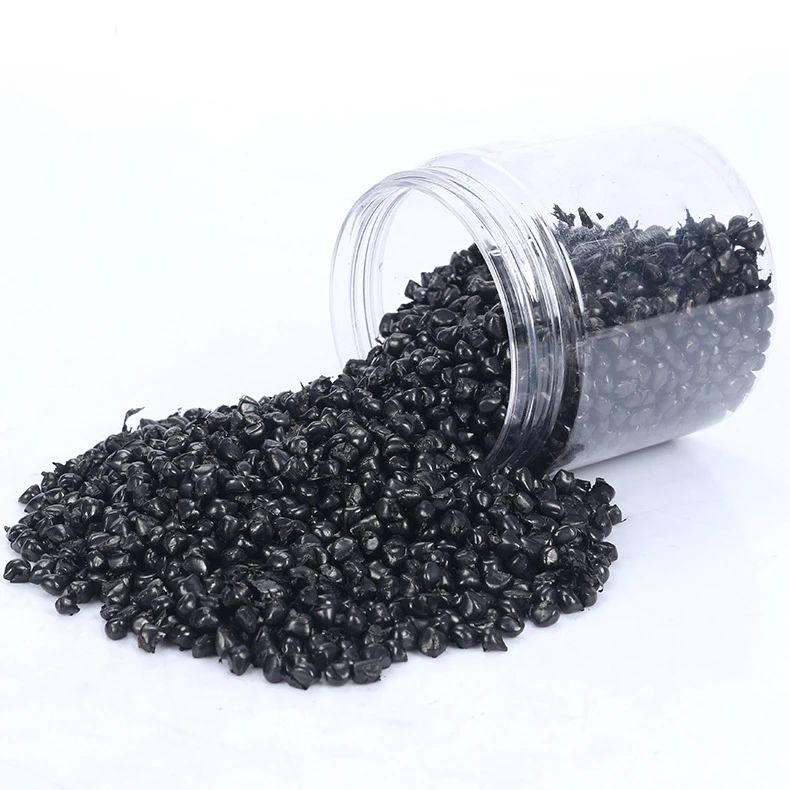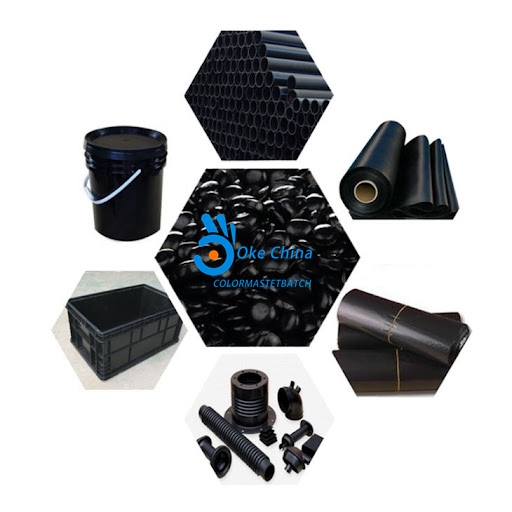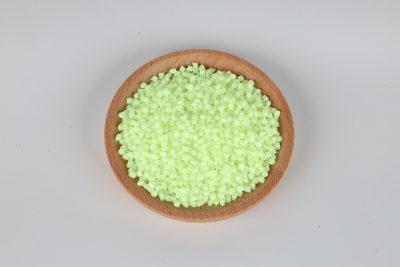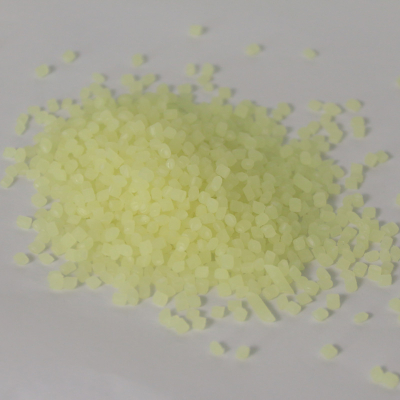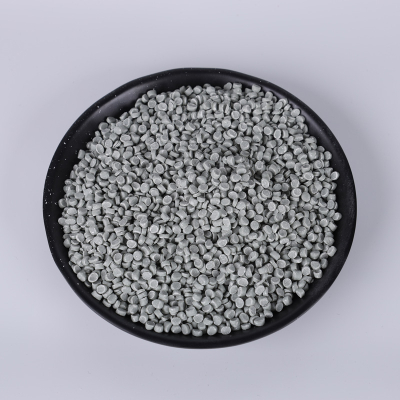Black Masterbatch
Black masterbatch is a functional color concentrate made from a high proportion of carbon black or organic pigments, carrier resins, and dispersants. It is primarily used for coloring plastics, rubber, and other materials. Below is a detailed introduction to black masterbatch:
1. Main Components
Pigments: Carbon black (most common, 20%-50% content), organic black pigments (e.g., aniline black).
Carrier Resin: Polymer compatible with the base material (e.g., PE, PP, ABS, PS).
Dispersants: Ensure uniform pigment dispersion and prevent agglomeration.
Additives: Antioxidants, lubricants, etc., to enhance processing stability.
2. Key Features
High Coloring Power: Achieves deep black coloration with minimal addition.
Excellent Dispersion: Pre-dispersed formulation reduces surface streaks or spots.
Eco-Friendly: Dust-free, safer than direct carbon black powder use.
Stability: Heat-resistant, migration-resistant, suitable for various processing conditions.
3. Applications
Plastics: Packaging films, appliance casings, automotive parts, pipes, fibers.
Rubber: Tires, seals, shoe soles.
Special Uses: Conductive carbon black masterbatch (anti-static), UV-shielding masterbatch.
4. Production Process
1. Mixing: Blending carbon black, carrier resin, and additives in precise ratios.
2. Melt Extrusion: High-temperature dispersion via twin-screw extruder.
3. Pelletizing: Cutting cooled extruded strands into uniform granules.
4. Quality Control: Testing color consistency, dispersion, melt flow index, etc.
5. Common Issues & Solutions
Poor Dispersion: Optimize carrier resin or increase dispersant content.
Color Deviation: Control carbon black concentration and processing temperature.
Uneven Conductivity: Use high-structure carbon black (e.g., acetylene black).
6. Market & Selection Guide
Carbon Black Types: Furnace black (common), channel black (higher blackness).
Resin Compatibility: Match carrier to base material (e.g., PP masterbatch for polypropylene products).
Environmental Compliance: Meets RoHS, REACH, and other regulatory standards.
For specific application examples or technical parameters (e.g., temperature resistance, conductivity), feel free to specify your requirements!


